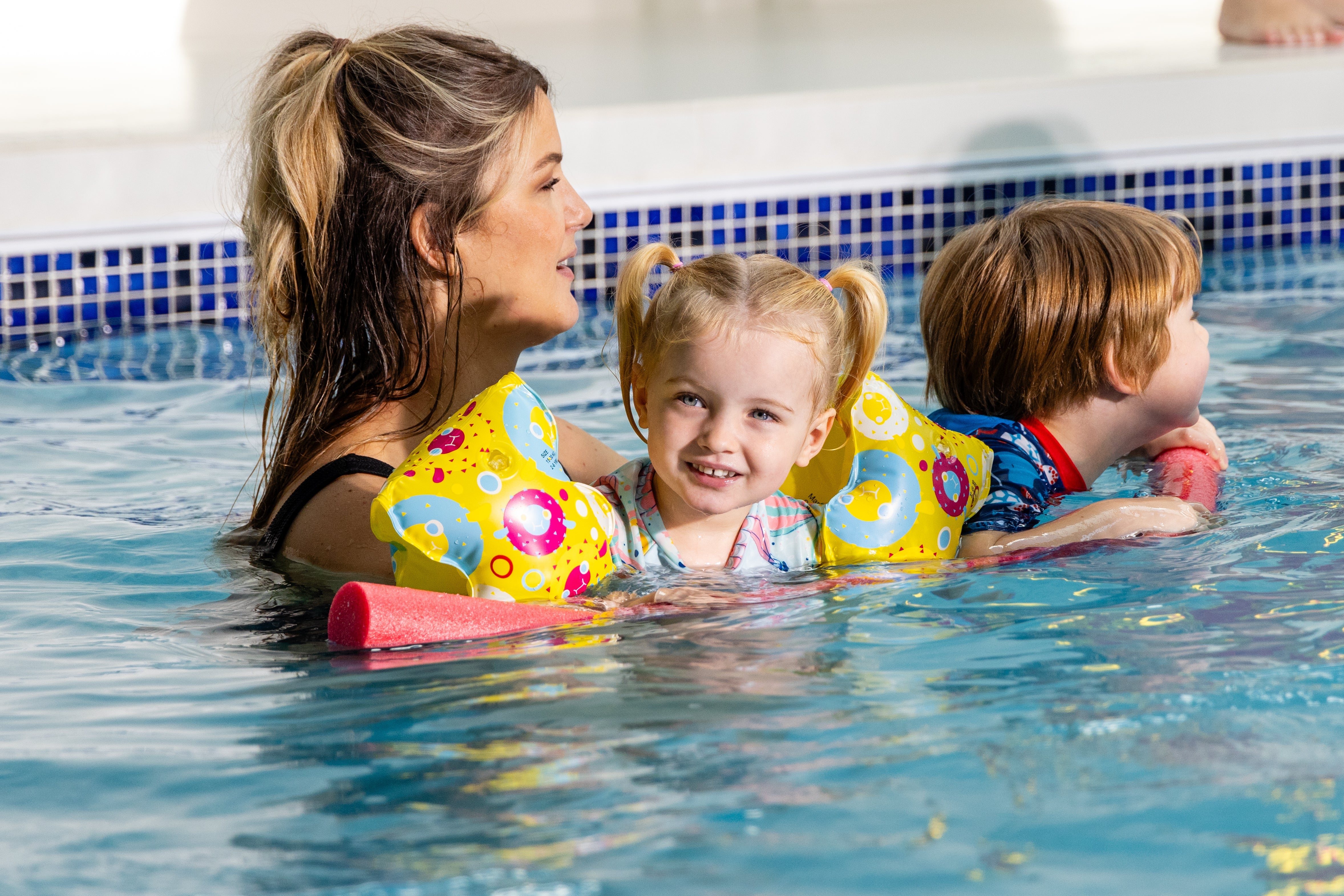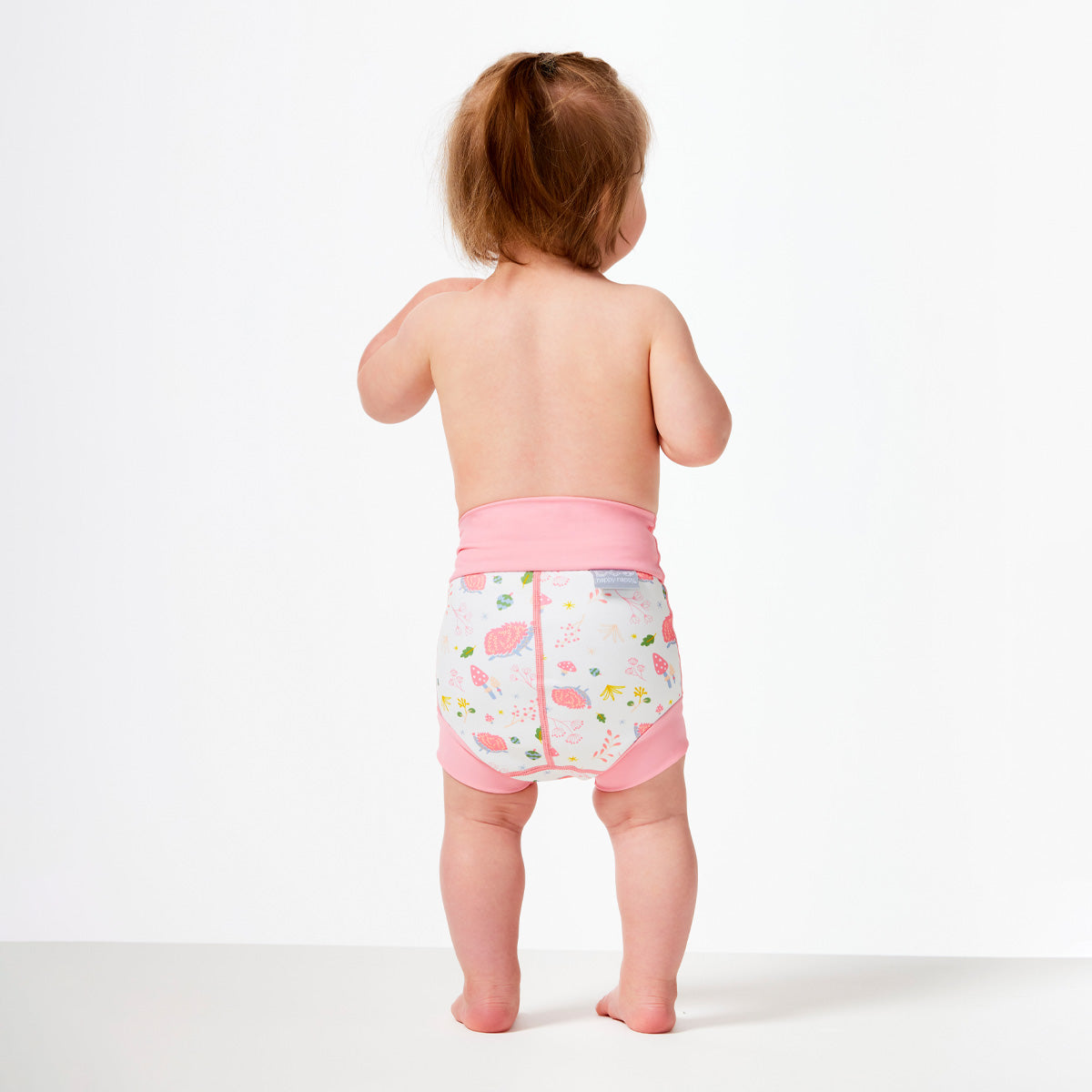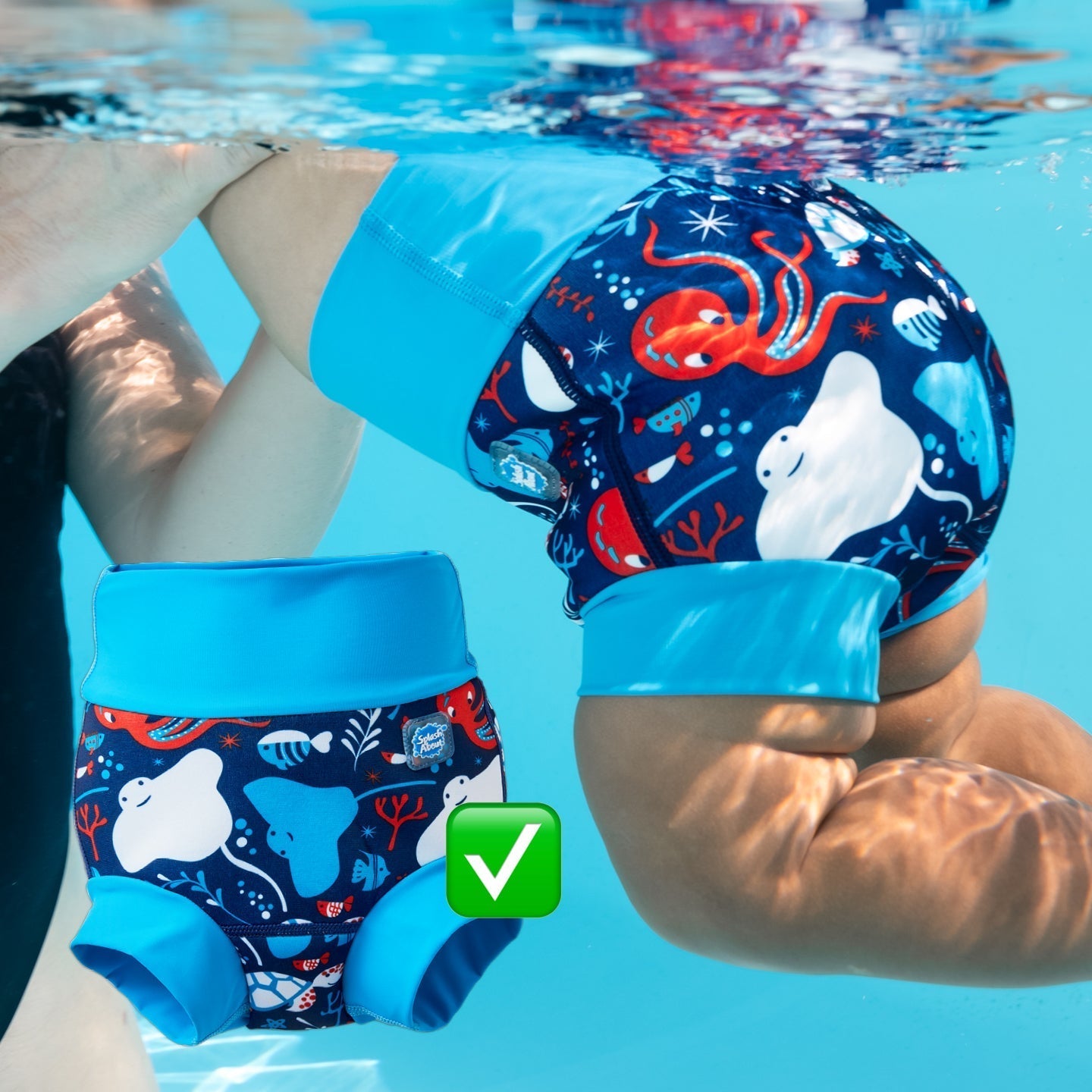The Importance of Learning to Swim



Posted 18/01/2024
The Importance of Learning to Swim
With over a quarter of the British population unable to swim competently to the Primary School standard of at least 25 metres and with swim schools across the country offering swimming lessons for babies, toddlers, children, teens and adults, it is never too early or too late to take the plunge and learn this important life skill.
In this article we will take a look into the benefits of learning to swim, with a focus on baby and toddler swimming
Swimming Benefits:
- Life skill that could ultimately save a life
- Great for improving general health
- Boosts mental health
- Accessible to all, irrespective of age and ability
- Can provide bonding opportunities for new babies and their parents
- Can help forge long lasting friendships
- Can open doors to other new hobbies


Life Saver
Swimming is the only sport that can save your life. It is a vital life skill that, once learnt, is never forgotten. According to Swim England:
“Drowning is still one of the most common causes of accidental death in children, so being able to swim is an essential life-saving skill.”
Learning to swim from a young age will help children gain water confidence, water sense and skills if they were to find themselves out of their depth unexpectedly. Water Babies Swim School hold classes for babies from birth and explain:
“There’s no better peace of mind than knowing that your little one can keep themselves safe both around and in the water. Introducing them to the water from birth will help prevent a fear developing later and make them feel confident should they ever be in an emergency situation. Teaching them vital water safety skills gives them the knowledge to keep themselves safe, wherever they are”


Improves General Health
Swimming’s health benefits are huge. It is one of the few activities that works your whole body, without putting too much impact stress on your joints. It is a great exercise to help with weight loss. According to Swim England:
“A gentle swim can burn over 200 calories in just half an hour, more than double that of walking.”
This cardiovascular exercise helps to strengthen your heart and lungs, which can in turn help reduce the risks of developing serious illnesses such as heart disease, Type 2 diabetes and stroke.
Babies and toddlers also experience health benefits from swimming. Baby Swim School Water Babies explain:
“Studies have also shown that swimming results in increased lung volume, better breathing techniques, strong heart and lung functions, and improved general fitness in little ones who swim in the early years”
They have also noted that swimming from a young age can actually help babies with their balance and can help with their development journey:
“Being in the water helps your baby move independently before they can crawl or walk. It’s a safe place for them to explore their balance, meaning they’ll become a lot more coordinated out of the water too – so less bumps as they learn to stand on their own two feet!”


Mental Health Booster
Swimming is low impact and relaxing and can give you some time on your own away from the stresses of life. The sensation of being in water can relieve stress and the concentration required when swimming focuses your mind and helps you forget outside worries.
As with other aerobic exercise, swimming also stimulates the release of endorphins, the "feel-good" hormone, which leads to a general feeling of happiness and relaxation. Regular swimming has also been found to help contribute to improved sleep quality, which in turn helps to lift mood.
Not only that, but swimming can also be a great way to meet like minded people. Whether you join a water aerobics class, a swim team or just chat with others at the pool, this social interaction can really help to boost mental health.


Accessible to All
Swimming is a sport that is accessible to all. Babies, children, adults and the elderly all enjoy swimming as a way to relax and/or keep fit, as well as those with disabilities who may struggle with other sporting activites. The buoyancy of water aids in supporting body weight, offering a sense of freedom for those with limited mobility. Talking to Wheelpower, Paralympic medallist and world champion swimmer Matthew Whorwood concurs, saying:
“Swimming is great because it’s non-impact and a good way to get fit without risking injury. Also, once you’re in the pool you’re the same as everyone else, any physical disabilities are irrelevant.”
And now with a growing variety of swimwear designed for both children and adults with disabilities, swimming has become more inclusive than ever before.
Water Babies emphasise this, saying:
“Water is a leveller, a place where everyone can flourish and have fun in a non-competitive environment. Swimming has a whole range of benefits for babies and toddlers with disabilities and learning difficulties. As well as the physical rewards swimming brings (things like the buoyancy in the water helping to reduce pressure on the bones and joints), it also helps improve their confidence. By focusing on the achievements of your little ones and not their limitations, their confidence will grow and grow.”


Bonding Time
Swimming is the perfect opportunity for some baby bonding time. In the water, your baby gets your full attention as well as lots of skin-to-skin time and plenty of eye contact. Baby swimming classes will help to guide this time together, so you both get the most from you time in the water. Turtle Tots Swim School explain how they do this:
“For parents, spending precious time teaching their newborn or young baby to swim is a unforgettable bonding experience, the benefits of which will last a lifetime… We use lots of easy to learn songs and games in our lessons to ensure that you and your little one enjoy your time in the pool together.”
Swimming not only promotes quality bonding time between parents and their babies but it can also help parents and carer make new friendships within the class. These connections often extend beyond the duration of the baby swimming sessions. Baby swim instructors have seen this themselves with Turtle Tots highlighting this:
“Life-long friendships are often forged at children’s activity classes. Baby swimming lessons with Turtle Tots give you the opportunity to meet like-minded parents and carers, share your experiences and enjoy time together away from the pool.”


New Opportunities
Learning to swim is just the beginning of the journey. Being a competent swimmer can open doors to new hobbies that are only accessible if you can swim. Activities such as open water swimming, surfing, kayaking, and paddleboarding have become extremely popular hobbies for both children and adults over recent years. Teaching children to swim from a young age makes these activities possible, and leads to the development of new friendships and skills


It is clear that the benefits of swimming are huge. First and foremost, being able to swim vastly reduces the risk of drowning and attending swimming lessons is likely to teach you how to assist others who may encounter trouble in the water. Not only that, but swimmers of all ages and abilities can reap the health rewards of swimming and participating in swim classes as a baby can aid young children in their physical, emotional, and cognitive development. Being able to swim means you never have to miss out on new adventures and unlocks the door to new opportunities.
Splash About have a whole range of Learn to Swim aids designed to assist children with their swimming journey. Suitable from one year of age, our range of swim vests, float jackets and floatsuits are designed to hold children in the learn to swim position. This means, children are tipped slightly forward, with their shoulders towards the water so that their arms are correctly positioned in the water. The Learn to Swim range eliminates the need for bulky armbands that can inhibit movement and gives children the most realistic feeling of swimming whilst offering buoyancy support.





